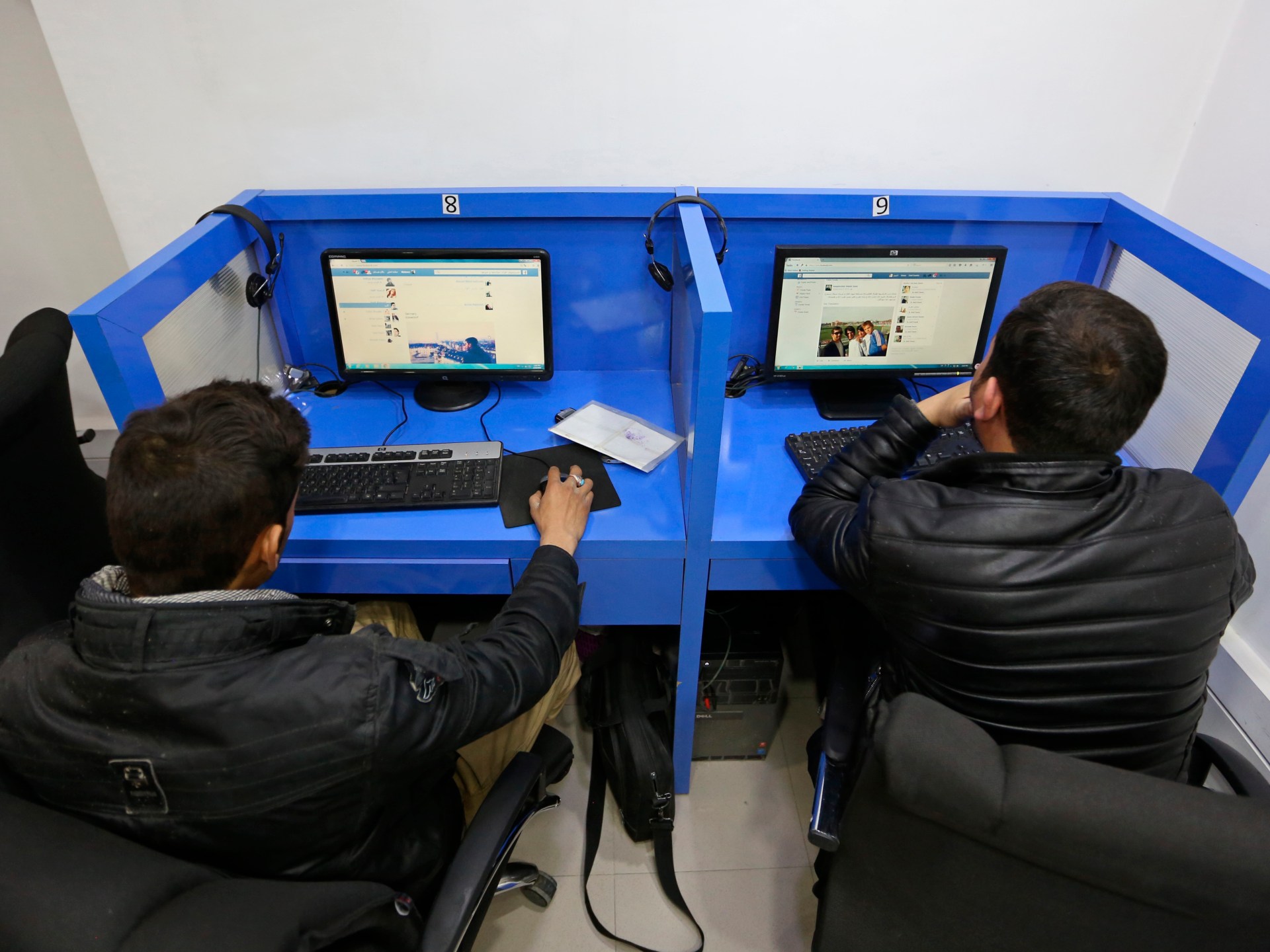Afghans used to call their relatives outside of Pakistan whenever they needed to call them as children. We are actually in a position to be forced to use the internet in a neighboring country today.
In a move that may affect the entire nation, Kandahar, Helmand, and Balkh were among the provinces that suspended fibre-optic internet services last week. If the Taliban leadership doesn’t change its course, Afghanistan could be cut off from the rest of the world.
We might not be able to connect to the internet, so you might soon be unable to read my stories or those of millions of Afghans. The nation would experience total silence.
Haji Zaid, a spokesperson for the Balkh provincial government, claimed on X that Haibatullah Akhunzada’s direct order to stop “vice” was behind the suspension of fiber-optic internet in Balkh province.
However, many people disagreed with his post, arguing that a legitimate alternative was required before this policy could be put into effect.
Afghan citizens would experience a number of adverse effects if internet access was blocked nationwide. The banking and business systems would immediately be affected. Without them, there would be no opportunities for online education and scholarships. Online workers would lose their jobs in a number of national and international organizations, NGOs, and e-government services. There would be no communication with the outside world.
My family would also suffer. I’ve been struggling with unemployment for a while, and I’ve discovered on the internet various ways to make money, including starting a YouTube channel to show off some of my country’s beautiful regions. Importantly, we would struggle to communicate with our extended family who currently reside abroad and whom we are unlikely to see for many years if it weren’t for a strong internet connection.
Afghanistan would be marginalized at the global level if the internet was shut down. It would be similar to imposing a self-imposed embargo on Afghanistan, which would have a negative impact on many public spaces, particularly the country’s already struggling economy.
Afghanistan should follow China’s example instead of going this far. The second-largest economy in the world, China, is credited with its economic growth being a result of Deng Xiaoping’s 1978 policy of opening up and reform. With this strategy, China gained a reputation as a major manufacturer.
Beijing’s authorities recognized risks when internet use expanded throughout the nation in the 2000s. However, they instead invested in developing home-grown internet filters and infrastructure rather than preventing their nation from being connected to the rest of the world and reversing the policy of openness. Without having to largely shut off China’s 1.4 billion citizens from the rest of the world, risky internet content is then removed.
Citizens in Afghanistan are already preventing them from accessing immoral content because it is already censored. There is undoubtedly a technological remedy to improve the effectiveness of these filters if the government is concerned about their failure. Additionally, it should be acknowledged that blocking access to the internet for everyone won’t stop “immorality” in real life.
This won’t work either if the policy’s goal is to pressure the international community into accepting it officially. Instead of effectively influencing other nations to change their position on Afghanistan, it would simply harm the Afghan people.
Nowadays, the internet is a basic requirement, just like food and water. Being cut off from the rest of the world in the era of technological advancements and AI, living the life of my forefathers after 20 years as a citizen seems frightening to me.
I’ve had to check my internet connection frequently as I write this article because I was concerned that I’d lose access before I could send it. I’m apprehensive about living in a world where radio was the only way to learn about what was happening in both Afghanistan and the rest of the world.
We want the world to hear our stories and stand with us when times are difficult, and we want them to. No one’s interests are served by a marginalized, disengaged, and poverty-stricken Afghanistan. Afghans want to remain connected to the global community and interact with other countries without being forced to live in complete isolation.
Source: Aljazeera

Leave a Reply